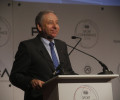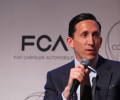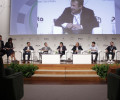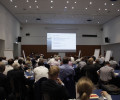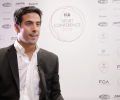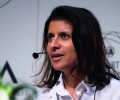Motor Sport must access all areas
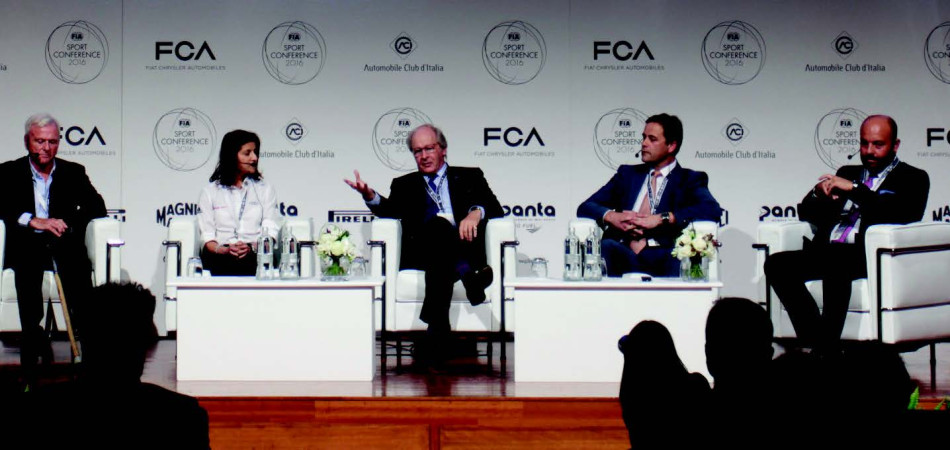
The session’s panel discussion saw FIA Deputy President for Sport Graham Stoker explain that in an era of greater scrutiny motor sport is uniquely placed to act as an exemplar for social responsibility.
“Corporate social responsibility has become so visible in the public eye and what is unique about motor sport is that we also have the ability to drive social change,” he said. “No other sport has that same relevance to the STEM (Science, Technology, Engineering, Mathematics) subjects, and if we capitalise on that we are creating high-tech jobs that also protect our industry.”
Expanding on motor sport’s potential in this area, three-time Le Mans-winning engineer Leena Gade said: “I am involved in a number of things to encourage kids into science, technology and engineering and in the UK there is a lot of poor education about what these subjects involve. Motor sport brings all those elements together and promotes the great things about them. It is quite unique.”
Turning to accessibility, Rob Armstrong, Global Head of Motorsports at FIA World Rallycross Championship promoter IMG, said that making motor sport available to fans is key.
“As a promoter for World Rallycross, it’s all about accessibility. That’s for fans of all descriptions,” he said. “We look for opportunities that are relevant to our fans. In Norway for instance we have schemes that give young people the opportunity to actually work for a rallycross team.”
David Butler of the British Motorsport Association for the Disabled said that, “Technology is enabling more and more disabled people to compete in motor sport”.
He added: “Of course, one must always remember the overall criteria of safety when those people are taking part, but we should cherish it. When you put the helmet on it’s a level playing field and that’s what disabled people want to achieve. It’s life-changing and we should understand that uniqueness.”
Finally, FIA Head of Safety Laurent Mekies presented delegates with an overview on safety research being conducted by the FIA and its partners, including research into head protection in F1, work being done on crash analysis using a combination of accident data recorders, in-ear accelerometers, highspeed cameras and finally about how next year’s new FIA World Rally Championship cars have allowed the FIA to build in a new side impact protection package.

 Facebook
Facebook Twitter
Twitter